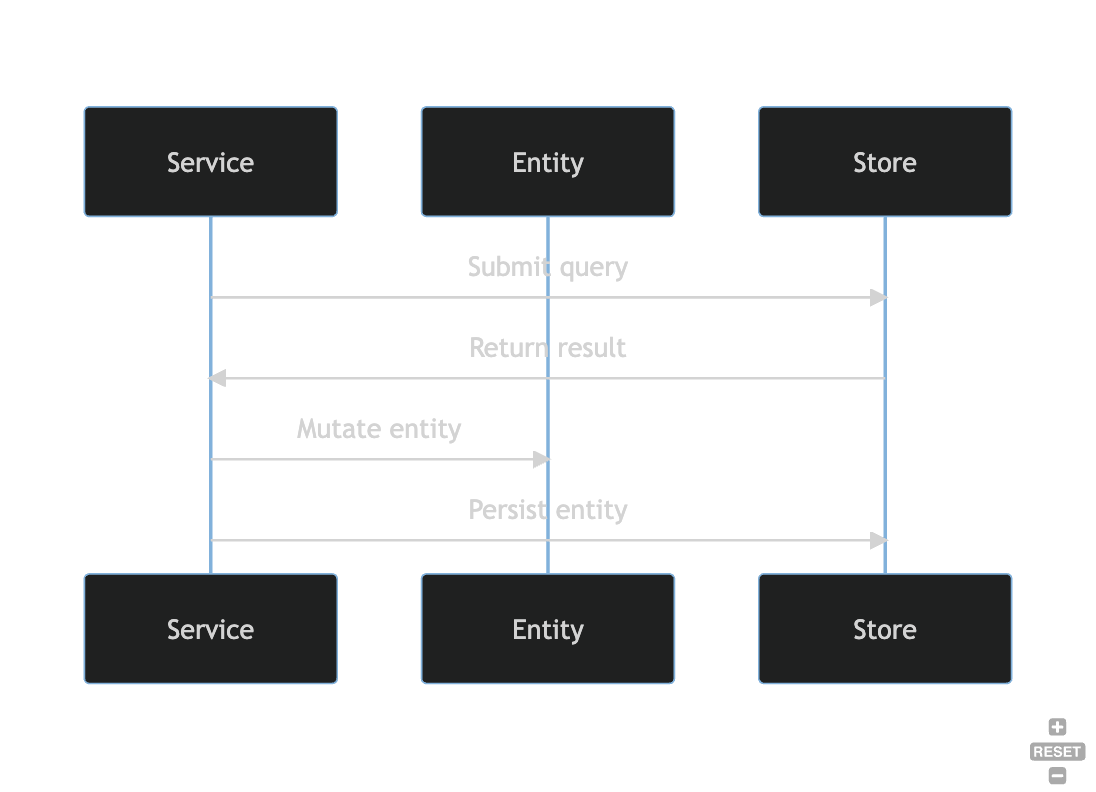MongoDB
The MongoDB module is an opinionated micro-framework for interacting with the MongoDB backend that Harbor currently supports. This module was developed based on the following needs and desires:
- At the time of initial development there did not seem to be a widely-used or well-maintained Rust-based Object Document Mapper (ODM) available from the ecosystem. Database mapping code is inherently full of boilerplate, which we equate to engineering toil, and can also be a significant source of bugs. While the Rust type system helps with the latter issue to a great degree, we still wanted to leverage generics to generate as much boilerplate code as possible.
- The official Mongo Rust Driver (see below) is a low-level driver designed to allow total control of all aspects of MongoDB interaction. We wanted a way to abstract away that complexity and allow developers to focus on domain logic rather than repeatedly handle infrastructure concerns.
- We wanted database interactions to be consistent and easily refactorable in a handful of places rather than scattered throughout the codebase.
- We needed a way to apply DB Migrations over time.
- We needed a way to dynamically and unpredictably layer in Authz controls. In order to do that we needed to keep authorization concerns/data separate from the entity data itself. Building a micro-framework gave us significant control and flexibility in this regard.
Design
The basic interaction between the types and traits involved in data access are illustrated below. The diagram documents an update sequence.

DocumentDB Compatability
The Harbor team actually uses AWS DocumentDB as its data store. DocumentDB has some lag in terms of MongoDB version support and feature compatability. Review the AWS DocumentDB compatability page for an overview of what versions and features Harbor can support.
Mongo Rust Driver
Harbor leverages the official MongoDB Rust Driver. Review their documentation for a comprehensive overview of how the driver works and how to work with the driver.
One important design consideration to bring attention to is managing instances of the driver
Client. The Mongo Rust Driver is designed in a very specific way in terms of connection
management.
Connections are designed to be long-lived. We learned the hard way that they require a
significant amount of overhead to create, especially when negotiating TLS. The
platform:mongodb::Store struct provides a convention-based way to ensure reuse of Mongo client
instances when possible and appropriate, which so far has been always. Code that makes use of a
Store should wrap that in an Arc and reuse a single instance.